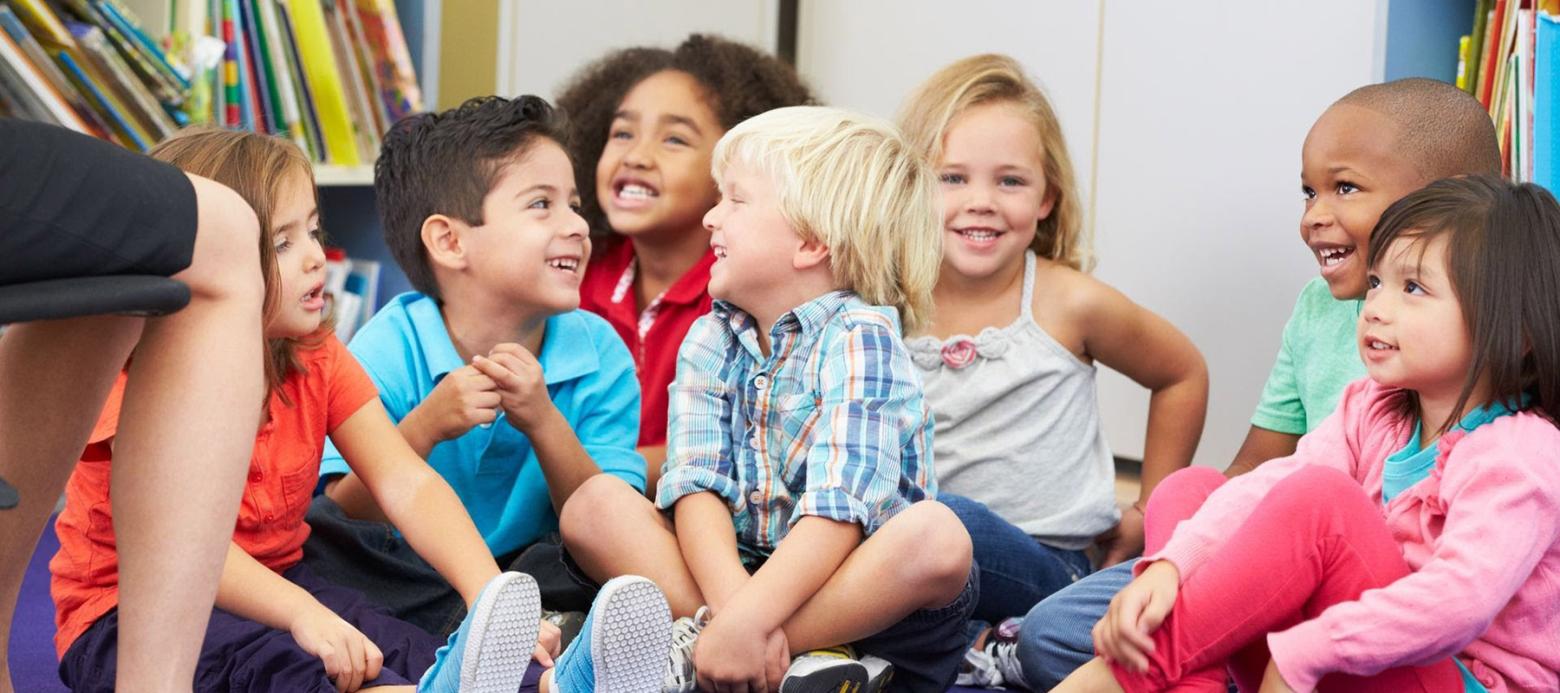
The Importance of Early Childhood Education
Foundation for Lifelong Learning
Early childhood education lays the foundation for a child’s future academic success and personal development. During the formative years, children undergo rapid cognitive, social, and emotional growth, making it crucial to provide them with enriching learning experiences that stimulate their curiosity and creativity.
Critical Period for Brain Development
Research indicates that the early years of life are a critical period for brain development, with neural connections forming at an astonishing rate. Quality early childhood education programs capitalize on this neuroplasticity by providing stimulating environments and engaging activities that promote cognitive development and problem-solving skills.
Key Components of Effective Early Childhood Education
Play-Based Learning
Play is the primary mode of learning for young children, allowing them to explore, experiment, and make sense of the world around them. Effective early childhood education programs incorporate play-based learning activities that foster creativity, imagination, and social skills development.
Holistic Development Approach
A holistic approach to early childhood education recognizes the interconnectedness of various domains of development, including cognitive, physical, social, and emotional. By addressing the needs of the whole child, educators can support well-rounded development and prepare children for future academic success and lifelong learning.
Emerging Trends in Early Childhood Education
Integration of Technology
Incorporating technology into early childhood education has become increasingly prevalent, with educators leveraging interactive apps, educational games, and digital learning platforms to enhance learning experiences. When used appropriately, technology can complement traditional teaching methods and provide children with opportunities to develop digital literacy skills from a young age.
Emphasis on Outdoor Education
Recognizing the importance of outdoor play and nature-based learning, many early childhood education programs are incorporating outdoor classrooms, nature walks, and gardening activities into their curriculum. Outdoor education not only promotes physical health and gross motor skills development but also fosters a deeper connection to the natural world.
Challenges and Opportunities in Early Childhood Education
Access and Equity
Despite the recognized benefits of early childhood education, access remains a significant challenge, particularly for marginalized communities and low-income families. Addressing disparities in access to high-quality early childhood education requires concerted efforts from policymakers, educators, and stakeholders to ensure that all children have equitable opportunities to thrive.
Professional Development for Educators
Investing in ongoing professional development for early childhood educators is essential for maintaining high standards of quality and effectiveness in early childhood education programs. By providing educators with opportunities for training, mentorship, and collaboration, institutions can empower them to stay abreast of best practices and evidence-based approaches to teaching and learning.
The Role of Parents and Caregivers in Early Childhood Education
Partnerships with Families
Parents and caregivers play a critical role in their child’s early learning and development. Establishing strong partnerships between educators and families creates a supportive network that fosters continuity between home and school environments, enhances parental involvement, and promotes positive outcomes for children.
Promoting Early Literacy and Language Development
Encouraging early literacy and language development is vital for preparing children for success in school and beyond. Parents and caregivers can support language-rich environments by reading to their children, engaging in conversations, and exposing them to a variety of print materials and language experiences from an early age.
Conclusion: Investing in the Future through Early Childhood Education
Early childhood education is a cornerstone of society’s investment in the future, shaping the trajectory of children’s lives and influencing the prosperity of communities and nations. By prioritizing access, quality, and equity in early childhood education initiatives, we can empower children to reach their full potential, foster lifelong love for learning, and build a brighter future for generations to come.